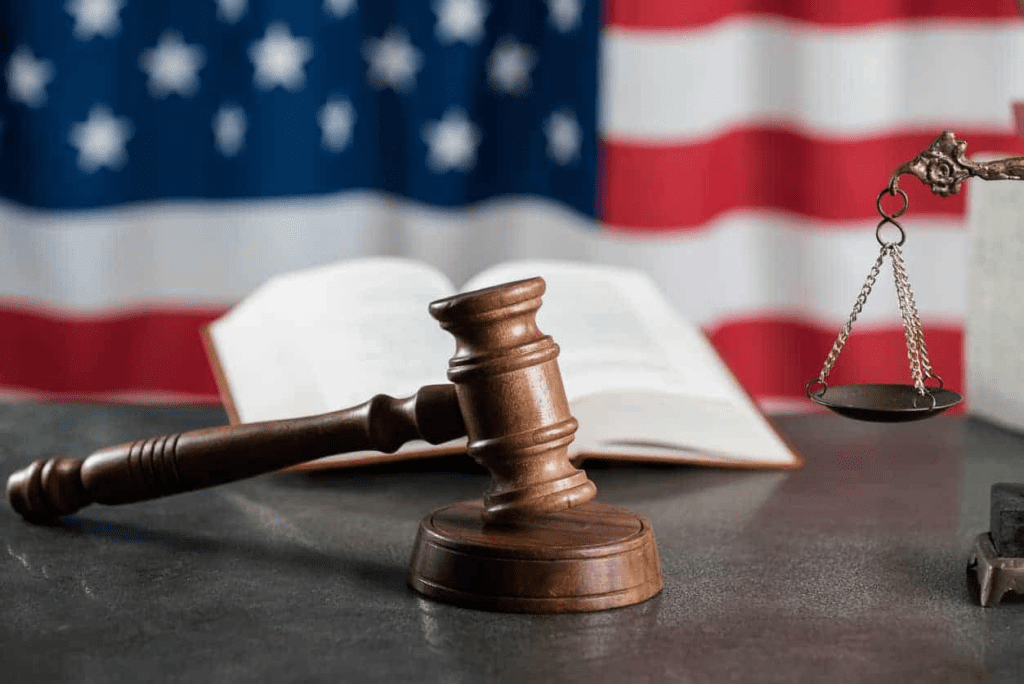Key Points:
- Given the decentralized nature of the industry, authorities have long struggled with DeFi.
- The United States authorities devoted particular attention to the region, with a focus on terminating the ecosystem’s anonymity.
Decentralized finance (DeFi), a developing marketplace for crypto assets that operates without substantial regulatory control, has been scrutinized by US authorities, according to Financial Times.

Last month, the Securities and Exchange Commission submitted a new proposal stating that DeFi crypto trading platforms should be regulated like stock exchanges. In addition, the US Treasury produced a study in April highlighting the illicit funding dangers in DeFi.
Regulators throughout the globe have assessed the hazards of DeFi as the next frontier in crypto, motivated by the notion that risks should be controlled. According to the SEC, although performing duties often associated with a stock exchange, trading protocols have not even tried to comply with securities regulations.
These actions are the latest indication that, even as authorities tighten down on cryptocurrency’s centralized middlemen in the aftermath of the FTX bankruptcy, they are striving to keep DeFi from becoming a crypto sanctuary.
According to Chainalysis, more than $3.1 billion in crypto assets were stolen through DeFi protocols in 2022 alone, accounting for more than 80% of all crypto asset thefts.
This would necessitate a radical shift in DeFi’s aesthetic of self-reliance, which appears to be motivated by nostalgia for a (largely fictional) time before the purity of markets was sullied by a tangle of laws and regulations designed to bring financial market activities into line with societal norms.

The demise of FTX exposes the tensions inherent in crypto platforms’ economic models. These platforms serve as brokers, exchanges, market makers, and custodians, all needed to be independent in conventional markets. FTX is accused of using client funds to prop up its associated trading business, placing those assets at risk and eventually causing consumer losses.
After FTX, several crypto community members referred to DeFi as the solution. Market players in the area have custody of their crypto assets and trade using protocols, which are a collection of code, standards, and procedures. This occurs without the overt involvement of centralized middlemen. In 2023, decentralized exchanges and lending protocols amounted to more than 10% of daily crypto trading activity.
As Coincu reported, the European blockchain industry is now ready to make a final effort to prevent legislation that would destroy the smart contracts that underpin the DeFi protocols from becoming law.
DISCLAIMER: The information on this website is provided as general market commentary and does not constitute investment advice. We encourage you to do your research before investing.
Join us to keep track of news: https://linktr.ee/coincu
Harold
Coincu News














